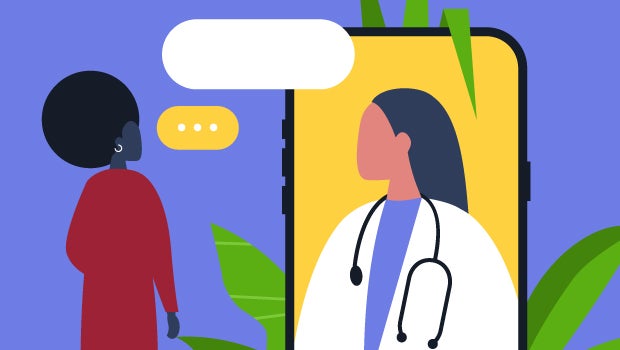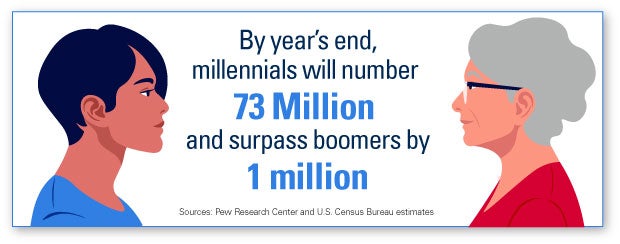

Millennials Speak Up About Their Health Care Expectations

Hospital and health system leaders and their boards continue to wrestle with how to engage millennials (generally regarded as those born between 1981 and 1996) in managing their health. They’re not alone. Many payers, tech companies and others allied to the field also are trying to figure out what this generation wants from health care and how to retain millennials as customers. Two new surveys offer some interesting perspectives.
A recent Welltok survey report contradicts some common assumptions about millennials — namely, that they are primarily concerned with convenience and are less interested in accessing primary care services. The company, which provides consumer data to payers, employers, providers and public entities, says its polling found that 93% of millennials want a provider relationship, but 85% feel that providers only care about them when they are sick. They also want to feel supported in their efforts to improve their overall health.
Survey data showed that millennials strongly prefer a holistic approach to health, with 90% saying they want support for emotional/mental health, adequate sleep and positive family relationships. This tracks with research showing that millennials are experiencing more anxiety than previous generations.

And while fewer millennials have a primary care provider than those from other generations, nearly half ranked providers as the first place they would go for support — ahead of their employer, health plan or pharmacy. A Kaiser Health Foundation study conducted in July had a similar finding about millennials not having a primary care doctor. That study found that 45% of those respondents 18 to 29 years old did not have a primary care provider.
Welltok’s takeaways from the survey data for provider organizations include:
- Support holistic health: Yes, millennials want input when it comes to physical activity and nutrition, but they also want support across all aspects of health. A 2018 white paper from the TransAmerica Center for Health Studies based on its 6th annual Consumer Health Survey noted that millennials are more mindful of their total health than other generations and were more likely to explore integrative medicine options over the past 12 months, including mental health, chiropractor and acupuncture visits.
- Millennials want to be loyal: Nearly nine out of 10 respondents said they would be more loyal to providers who support their total well-being.
- Millennials expect personalization: Providers must serve up relevant, personalized experiences. More than 80% of responding millennials feel that if their providers knew more about their health interests, goals and motivations, they would be able to serve them better.
Millennials also are looking for payers to transform to meet their needs, according to results from a recent survey by HealthEdge Software, which provides products and services to health plans. This survey found that millennials have less trust in the current model of health insurance administration than that of older generations and they expect payers to modernize.
In the survey of more than 5,000 customers, millennials had less trust in their health plans than other generations, with only 53% saying they believe their current plan is most effective at administering benefits. Millennials also were the least satisfied generation with how insurers communicate, with only 62% saying they found communication satisfactory.



